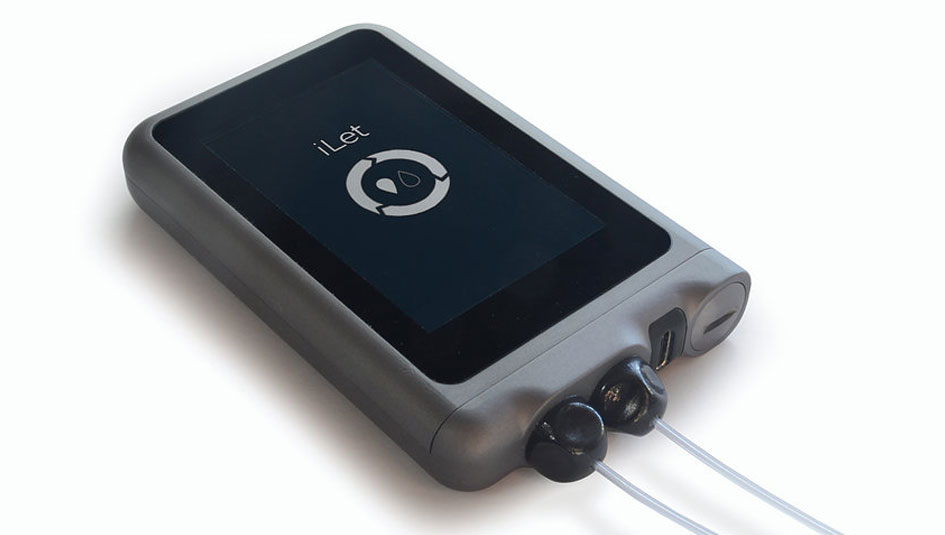NIH Funds Four Artificial Pancreas Trials

In February 2017, the National Institutes of Health (NIH) announced that it has funded four important trials of artificial pancreas technology, and that the first of the four trials was already underway. The funding, totaling some $41 million in grants, was provided by the National Institute of Diabetes and Digestive and Kidney Disease, which is part of the NIH.
In the past, most artificial pancreas trials progressed cautiously, first with in-hospital trials, then in hotel-like settings with medical supervision, and finally with home trials to mimic real-world settings. This round of trials takes an expedited approach, enrolling large groups of participants to use the four different experimental systems in real-world settings over long periods of time, according to an NIH press release.
Read “How Did the 670G and the Ilet Perform in Trials.”
These trials will focus on fully automated insulin delivery systems, as well as an automated insulin and glucagon delivery system. They are slated for 2017 and 2018, and will take place in the U.S., Israel, and in several European countries. Here are the details of the four trials:
1. The International Diabetes Closed-Loop Trial is a 6-month trial to test a smartphone-based automated insulin delivery system called inControl. The goal is to measure how the device can reduce the time people with Type 1 diabetes spend with their blood sugar levels below 70 mg/dL without increasing time spent above 180 mg/dL. It’s being undertaken by researchers at the University of Virginia at Charlottesville, and is being sponsored by Tandem, Dexcom, Roche, TypeZero, and Ascencia.
Read “2016 was the last, best year for the artificial pancreas.”
Who They’re Recruiting: 240 people with Type 1, ages 14 and up, with A1C scores less than 10.5.
Where: Santa Barbara (CA), Stanford (CA), Aurora (CO), Boston (MA), Rochester (MN), New York City (NY), Charlottesville (VA), Montpellier (France), Padova (Italy), Amsterdam (Netherlands)
2. A University of Cambridge in England-led study that will track performance of an automated insulin delivery system in real-world settings for one year. Children recruited for this study would be wearing a modified Medtronic 640G system controlled by a smartphone. The goal is to track A1C scores after 12 months of use.
Who They’re Recruiting: Up to 130 children with Type 1 (ages 6 – 19), who are already insulin pump users.
Where: Stanford (CA), Aurora (CO), Minneapolis (MN), Cambridge (UK), Leeds (UK)
3. A head-to-head matchup between Medtronic’s 670G, a hybrid partly automated insulin delivery system, and the Medtronic 690G, an experimental fully automated insulin delivery system. This study is being conducted by the International Diabetes Center in Minneapolis and Schneider Children’s Medical Center in Israel. Trial participants will wear each system for three months to see which best minimizes time spent over 180 mg/dL.
Who They’re Recruiting: Up to 100 people with Type 1, ages 14 to 31, with A1C scores between 7.0 and 12.0.
Where: New Haven (CT), Gainesville (FL), Boston (MA), St. Louis Park (MN), Hannover (Germany), Petah Tikva (Israel), Ljubljana (Slovenia)
4. A large trial involving the dual-hormone “bionic pancreas” (iLet) that is being conducted by Massachusetts General Hospital and Boston University. This is the big home-stretch study to get Beta Bionics’ glucagon and insulin pump system to the finish line of applying for FDA pre-market approval.
Who They’re Recruiting: 480 children (ages 8 and up) and adults with Type 1 with A1C scores of less than 11.0.
Where: California, Massachusetts, Michigan, Missouri, North Carolina, Ohio, Wisconsin (cities not listed)
At press time, only the International Diabetes Closed-Loop Trial has begun recruiting, with the other trials recruiting in the coming months. Please follow the links provided above to see when recruitment opens.
Thanks for reading this Insulin Nation article. Want more Type 1 news? Subscribe here.
Have Type 2 diabetes or know someone who does? Try Type 2 Nation, our sister publication.







